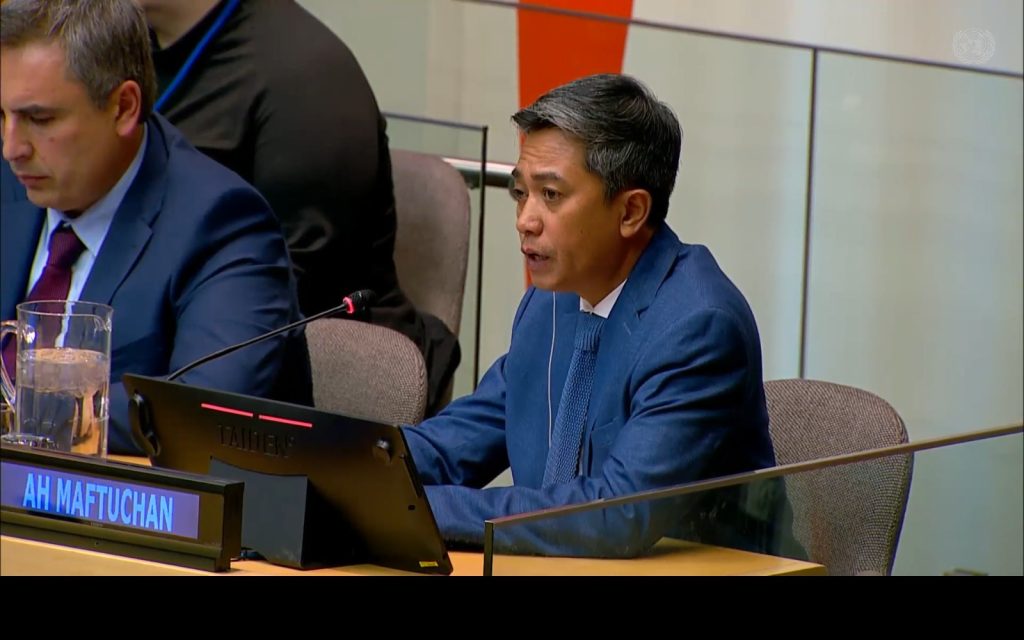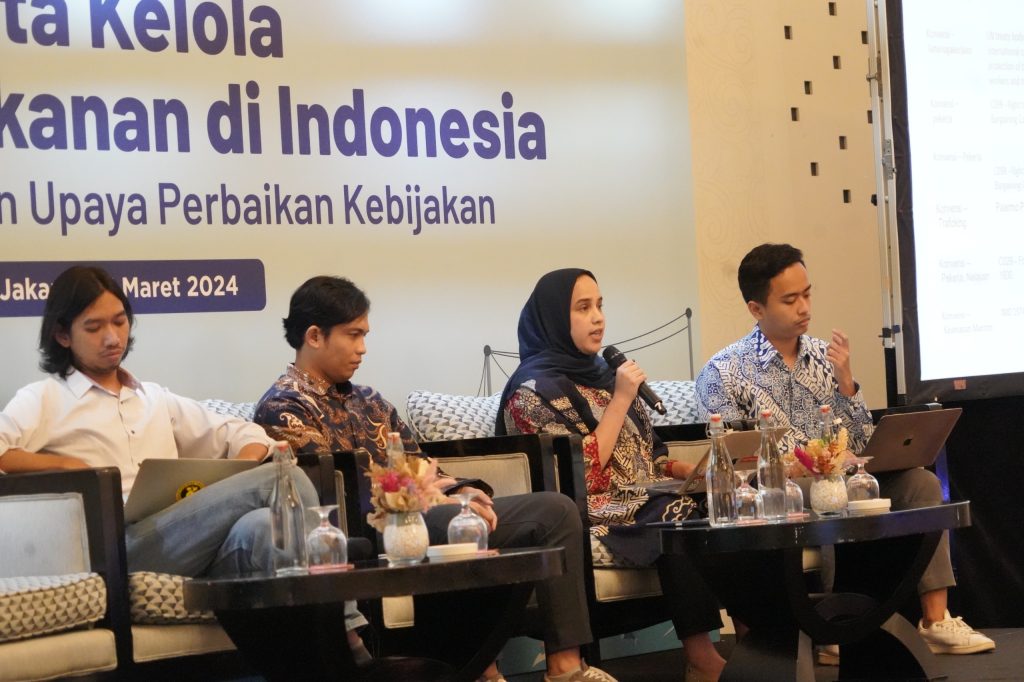Jakarta, 28 February 2021 – Institution report urgewald Based in Germany, as many as 6 (six) Indonesian national banks are recorded as still providing loans to coal companies listed on the Global Coal Exit List (GCEL).[1] 2020, during the period from October 2018 to October 2020. The six national banks include Bank Mandiri, BNI, BRI, BCA, BTN, and Indonesia Eximbank.
Association Executive Director Prakarsa The Bank's Response Coordinator, AH Maftuchan, said that the total loan was valued at 6,29 billion USD or 89 trillion Rupiah and underwriting[2] or underwriting of 2,64 billion USD or 16,6 Trillion Rupiah.
Whereas currently with the trend of sustainable financing (sustainable finance), financial institutions are expected to have begun to shift their funding to more sustainable industries. Coal is one of the energies that produces emissions and many global investors have begun to state that they will no longer finance coal both upstream and coal-fired power plants. This is because of its destructive power to the environment and produces Greenhouse Gas (GHG) emissions that cause an increase in the earth's temperature and cause climate change.
Maftuchan added that the 6 national banks provide funding to coal mining companies and the State Electricity Company (PLN), which also use coal as electricity fuel. The Financial Services Authority (OJK) currently has issued The roadmap Phase II of sustainable finance, which can be a reference for financial institutions to switch to a more sustainable business by implementing environmental, social and governance aspects.
OJK develops a sustainable finance ecosystem which includes policies, products, market infrastructure, coordination of Ministries/Agencies, non-government support, human resources, and awareness.
“The established ecosystem is expected to provide incentives for financial institutions to start investing in sustainable finance. Banks and guarantee institutions need to start thinking about reducing financing to the coal industry in order to protect the earth for future generations,” said Maftuchan.
Dwi Sawung, Campaign Coordinator of WALHI, said that the coal sector is still a source of income for the Indonesian financial industry, even though it was once a source of income non-performing loans biggest a few years ago. The Indonesian financial industry still does not pay attention to environmental sustainability, especially the sectors that cause climate change, even though the impact of climate change will affect consumers from the banking industry itself. The Indonesian financial industry also does not yet have a roadmap of when to end their investment in the coal dirty energy industry.
Aryanto Nugroho, National Coordinator of Publish What You Pay (PWYP) Indonesia said that the implementation of The roadmap sustainable finance must be technically clear and it is important to involve a number of parties who still have interest on fossil energy such as the Ministry of Energy and Mineral Resources, the National Energy Council and related institutions.
"The goal is that the transition to the implementation of financial institution financing, for example, fossil energy to more sustainable energy such as renewable energy, can be carried out in a comprehensive and integrated manner. If, just rely on The roadmapthe OJK, will be difficult to achieve, "he said.
[1] GCEL is a database of companies operating along the coal thermal value chain. This data is produced by Urgewald and can be viewed at www.coalexit.org
[2] Underwriting or underwriting or investment banking refers to the process by which banks raise capital investment for companies by issuing bonds or shares on their behalf and selling them to investors such as pension funds, insurance companies, mutual funds, etc.
Attachment:
Table 1: All loans and underwriting (underwriting) of national banks to GCEL-listed companies between October 2018 to October 2018 (in million US dollars).




